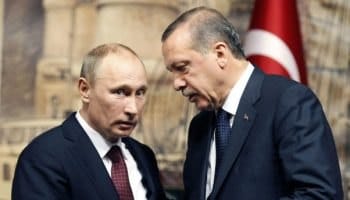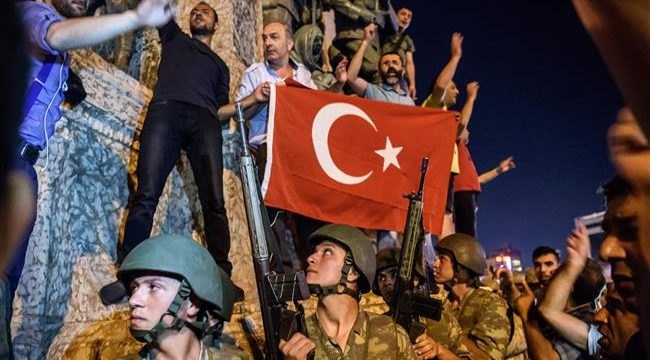Change of Turkish Policy towards Syria

Fatemeh Sadaat Mirahmadi
This article is derived from an article written by Soner Jagaptay, director of the Turkish Research Program at The Washington Institute for Near East Policy which tries to explain some important changes in Turkey’s foreign policy and factors affecting these changes considering the failed foreign policy adopted by Erdogan in recent years.
The fact that to what extent and in what direction the Turkish policy will change regarding the civil war in Syria depends on the next three developments: First, Turkey and Russia continue to normalize relations and end the conflict in Syria; Second, Moscow and Washington, with the consent of Qatar and Saudi Arabia agree to end the war in Syria; Third, Erdogan changes his domestic agenda and its conflict with the Kurdistan Workers Party (PKK), and in line with that policy reaches a compromise with the Syrian branch of the PKK namely the Democratic Union Party.
Turks after the coup, for the first time in recent time, have questioned Turkey’s membership in NATO and raised a debate about whether Turkey should instead move towards friendship with Russia instead of the US.
Erdogan, who already has some Eurasianist foreign policy impulses, could easily accomplish this pivot, especially since the Turkish military, the strongest link between NATO and Ankara, is disfigured following the coup plot.
Turkey’s doesn’t have a positive view on the US cooperation with the Democratic Union Party (PYD), and this issue is considered as an obstacle in the alignment of the interests of Turkey and the United States.
Elites in the ruling Justice and Development Party (AKP) in support of the Sunni Muslims and Islamic political movements (such as Muslim Brotherhood) believe that giving support to radical Islamist groups in Syria (such as Ahrar al-Sham) is not only a political choice but also a moral one.
The result of the abolished policy regarding the empowerment of Islamists by Turkey is that some of those groups especially in Syria have turned to extremist forces.
If Erdogan can deliver a military victory against the PKK, this development would make him massively popular in the eyes of many MHP voters, bringing some of them into his fold that, in turn, would reward Erdogan with a victory in the referendum or elections.
Turkey’s priorities in Syria would remain as follows: First, overthrowing the Assad regime, second, preventing the progression of the Democratic Union Party, the third keeping ISIS far from Turkey’s borders.
Turkey’s invasion also seeks to create a small safe area for the rebels backed by Turkey in the North West of Syria; an area which can be used against Assad’s regime.
Jagaptay states that Turkey would not fully resist the negotiations for keeping Assad in power, instead, Turkish leaders would support in public an agreement backed by the US and preserve the interests of Russia and Assad. But behind the scene they will continue their efforts aimed at arming Anti-Assad rebels.
According to Jagaptay, Erdogan is concerned that the weapons provided by Russia to the Democratic Union Party, would fall in the hands of the PKK and make the failure of this group impossible.
United States of America, for its part, welcomes better relations between Putin and Erdogan for two reasons. First, they contribute to a comprehensive fight against the ISIS and Second, they will manage the negotiations between the Assad regime and the Syrian opposition, which is currently underway.



